The Timeless Appeal of Beige and Buff Clay Pavers
When it comes to creating your unique, timeless outdoor space, selecting the right materials is crucial. The choice of paving can dramatically influence the aesthetic appeal and functionality of your garden, patio, or driveway. Here we focus on beige and buff-coloured clay pavers, but we’ve also created a Buyer’s Guide To Paving, which will give you a better idea of all the different paving types available for your project.
Lighter coloured materials generally require more maintenance, but Clay is an exception to this. That’s why beige and buff coloured clay paving is ideal for those who seek a harmonious blend of natural tones and robust durability. These pavers not only enhance the visual appeal of your spaces but also offer long-lasting performance in a variety of outdoor environments.
Beige, Buff, and White clay pavers are a favourite among homeowners and landscape designers for their versatile and neutral tones. These pavers provide a subtle yet sophisticated look that complements various architectural styles, from contemporary to traditional. Clay pavers are an excellent choice for outdoor areas and their natural shades create a warm and inviting atmosphere.
Beige and Buff: The Perfect Neutral Tones
Beige and Buff clay pavers are particularly popular for their earthy, natural hues. The warm, sandy tones of buff paving slabs offer a classic and understated elegance that can seamlessly blend with any landscape design. For example, the grey-buff tones of Silver Grey clay pavers combined with Jura Beige limestone create a cohesive outdoor space that feels connected to the natural environment.
Whether used for patios, paths or driveway paving, buff slabs and buff block paving deliver a uniform and consistent appearance that enhances the overall aesthetic of your property. These pavers are also a fantastic choice for those who prefer a softer palette, as they can complement a wide range of planting schemes and outdoor furnishings. This beautiful garden from Llevelo Garden Design features our Cotswold clay pavers; it highlights the natural elements of the property and blends perfectly with its surroundings.
Combine Materials to Elevate Your Design
Light-coloured clay pavers bring a fresh, clean look to any outdoor space. They are perfect for creating a striking contrast against greenery or darker architectural elements. The subtle, neutral qualities of these pavers can make small spaces appear larger and more open, and they are especially effective in modern, minimalist designs. Take an in-depth look at a stunning garden revamp with clay pavers and porcelain paving.
Beige and buff-coloured clay pavers are an excellent choice for creating defined paths or borders. Their light, earthy colours help to delineate spaces clearly, adding a crisp, organised look to your garden or patio. Cotswold clay pavers in a classical Kentish Garden gave it a stunning makeover, combining a rustic look with the modernity of Golden Stone Porcelain.
Beige and Buff – Never Far from a Medal
Each spring and summer, some of the world’s best garden designers and landscapers exhibit their designs at RHS Shows. London Stone has supported hundreds of gardens across the last decade and beyond, and beige and buff-coloured materials are always in hot demand.
Recent highlights of our working in partnership with designers, landscapers and sponsors include The Vitamin G Garden, which displayed beige and buff clay pavers at the 2022 RHS Malvern Spring Festival and The Hampton Court Palace Garden Festival. Designed by Landform’s Alan Williams, in conjunction with garden enthusiast and DJ Jo Whiley, the garden featured our London Mixture clay pavers and emphasised the health benefits of being outdoors.
The Corten Garden, designed and built by Evergreen Cheshire Ltd for the 2024 RHS Tatton Park Flower Show, featured our Derby clay pavers. The Silver Gilt Medal-winning Garden showcased a family-friendly setting, complete with rope swing, an interactive nature area for children, and plenty of gorgeous planting, including low-maintenance favourites: Verbena bonariensis, echinacea, and Erigeron karvinskianus.
Applications for Beige and Buff Clay Pavers
Clay pavers are versatile enough to be used in a variety of outdoor applications. Whether you're revamping your garden, designing a new patio, or laying a durable driveway, beige and buff clay pavers from London Stone are up to the task.
Patios and Outdoor Living Spaces
Create a warm and inviting patio with buff pavers. Their natural tones blend seamlessly with outdoor furniture and decor, creating a space that is perfect for entertaining or relaxing. Pair these with buff coping stones to create a cohesive and polished look.
Pathways and Walkways
Buff block paving is an excellent choice for creating elegant pathways through your garden or leading up to your front door. The consistent colour and texture of buff paving blocks provide a smooth, uniform surface that is both functional and aesthetically pleasing. Bexhill clay pavers in a stunning garden from ‘The Garden Whisperer,’ Zoe Kilbride, demonstrate both beauty and functionality.
Driveways
For a driveway that combines durability with style, consider buff paving blocks. These pavers can handle the weight of vehicles while maintaining their appearance over time. The natural tones of beige and buff also ensure that your driveway complements the overall look of your home.
Renowned landscaper Karl Harrison explains, "The Gromo Antica clay pavers are the perfect choice for this first-class contemporary scheme. The pavers were carefully selected to reflect the spacious property and keep an open, yet stylish, feel. The colour and texture create a harmonious companion to the swathe planting." View Karl’s delight at unpacking these bricks!
Borders and Edging
Use clay pavers to create defined borders around garden beds or pathways. The bright colour will contrast beautifully with the greenery of your plants, adding a crisp, clean line to your garden design. Here are some more patio edging ideas, with clay pavers and other materials, to help you make an informed choice.
Durability and Longevity
One of the key advantages of clay pavers is their exceptional durability. In 2020, London Stone acquired Chelmer Valley, who import the finest clay paving from Belgium, The Netherlands and Germany. Made from high-quality clay and fired at high temperatures, these pavers are highly resistant to wear and tear, ensuring they retain their colour and structural integrity for years. As we explain in our comparison of concrete block paving and clay pavers, pavers maintain their colour and can withstand harsh weather conditions, making them a reliable choice for any outdoor space.
Environmental Benefits
What makes clay pavers an environmentally friendly choice for your outdoor spaces? They are made from natural materials (clay, sand, and water) and due to how they are laid (on a ‘dry’ bed, as opposed to the sand and cement base that is used for natural stone or porcelain paving), can be repurposed at the end of their life. Additionally, the production process for clay pavers is energy-efficient, using a mix of recyclable raw materials and resource-saving manufacturing processes and transportation (which is mostly via boat, rather than road-based methods). This results in clay pavers having a lower carbon footprint than some other paving materials.
Installation Guide for Beige and Buff Clay Pavers
Installing clay pavers should be a straightforward process, but it still requires careful planning and attention to detail to ensure a long-lasting, professional finish. Experienced, highly-respected landscaper and trainer Mark Youde, of The Landscape Academy, shows us how to install clay pavers.
Here’s a further brief guide to help you get started:
Preparation: Excavate your subgrade to the correct depth for your application (i.e. a patio or driveway) and lay a solid base using well graded Type-1 stone material. Unlike natural stone and porcelain paving, clays pavers do not need to be installed on a sand-and-cement mortar base and are best ‘dry laid.’
Edging: Ensure that the edge course is held in place by a haunch made up of a lean mortar mix. This prevents lateral movement in the paving.
Laying the pavers: Ensure that you unpack a suitable number of bricks to ensure that colour variation is spread equally when laying. Arrange the pavers as per your chosen laying pattern, and ensure they are level, within the recommended fall rates of 1:80 – 1:60.
Compaction and joint filling: Compact the laid clay pavers using a vibrating plate compactor with a rubber mat attachment, and then fill the joints with 2-4mm grade sand until the clay pavers are unable to move. Brush a final layer of fine sand (0-2mm) over the area.
If you are laying a driveway, it may have to be permeable, and/or SuDS (Sustainable Urban Drainage Systems) compliant. This is a highly technical area of designing and installing a driveway. Read our break-down of SuDS information and regulations so that you can make an informed decision about your driveway material. London Stone recommends speaking to a professional SuDS expert before installing any driveway materials, should you have any concerns about whether your application needs to be SuDS compliant.
For more detailed guidance, refer to our comprehensive Clay Paving Installation Guide.
Clay Paving FAQs
How long do clay pavers last?
Clay pavers are known for their longevity and can last for decades, even in high-traffic areas. With proper installation and maintenance, they can remain in excellent condition for over 125 years.
Are clay pavers suitable for driveways?
Yes, clay pavers are an excellent choice for driveways due to their strength and durability. They can withstand the weight of vehicles without cracking or breaking and are resistant to wear and tear. Very light, pale colours are best avoided if using in a driveway setting, as they’ll show more wear-and-tear, such as tyre markings from turning. Discover clay pavers suitable for driveways.
Do clay pavers fade over time?
Unlike concrete block paving, clay pavers retain their colour over time. The natural pigments in the clay are baked into the material during the manufacturing process, ensuring long-lasting vibrancy and a lasting finish.
How do I maintain clay pavers?
Clay pavers require minimal maintenance. Regular sweeping and occasional washing with water are usually sufficient to keep them looking their best. You may also want to reapply jointing sand every few years to maintain their appearance and integrity.
What laying pattern should I choose?
A key feature of clay paving is that the bricks are smaller in dimension than the larger paving slabs you see with porcelain and natural stone, giving you more laying patterns to choose from. Learn more about choosing the right laying pattern for your design.
Can clay pavers be used in cold climates?
Yes, clay pavers are frost-resistant and can be used in areas that experience freezing temperatures. They are less likely to crack due to frost than some other types of pavers, making them a reliable choice for colder climates.
Can I view beige and buff clay pavers in person?
Absolutely. We have showrooms located nationwide, where you can view our materials in situ, speak with members of our friendly, experienced sales team, and enjoy complimentary refreshments while you browse. You’ll never receive a ‘hard sell’ attitude from us. Here’s the clay paving display at our Bristol showroom, to give you an idea of what to expect.
Can I install clay pavers myself?
It is possible to install clay pavers yourself if you have some DIY experience. However, read why we recommend hiring a landscaping professional to ensure a perfect finish, especially for large or complex projects.
How do I contact London Stone, and why should I buy from you?
There are several ways to contact us, including over WhatsApp, phone, email, or in person across our showrooms and trade counters.
London Stone offer FREE nationwide delivery on orders £750 + VAT and over (often with ‘next day’ delivery available), along with hassle-free returns, should you change your mind.


/filters:quality(40)/mediadev/media/homepage/price_right_arrow.svg)
/filters:quality(60)/mediadev/media/menu-pics/menu_banner_mobile.png )
/filters:quality(60)/mediadev/media/menu-pics/all-porcelain.jpg )
/filters:quality(60)/mediadev/media/menu-pics/luxury-italian.jpg )
/filters:quality(60)/mediadev/media/menu-pics/premium-italian.jpg )
/filters:quality(60)/mediadev/media/menu-pics/budget-porcelain.jpg )
/filters:quality(60)/mediadev/media/menu-pics/large-format-porcelain.jpg )
/filters:quality(60)/mediadev/media/menu-pics/wood-effect-porcelain.jpg )
/filters:quality(60)/mediadev/media/menu-pics/porcelain-planks.jpg )
/filters:quality(60)/mediadev/media/menu-pics/porcelain-setts.jpg )
/filters:quality(60)/mediadev/media/menu-pics/browse-all-paving.jpg )
/filters:quality(60)/mediadev/media/menu-pics/stone-paving.jpg )
/filters:quality(60)/mediadev/media/menu-pics/interior-tiles.jpg )
/filters:quality(60)/mediadev/media/menu-pics/stone-effect-porcelain.png )
/filters:quality(60)/mediadev/media/menu-pics/wood-effect-porcelain.png )
/filters:quality(60)/mediadev/media/menu-pics/grey-porcelain.png )
/filters:quality(60)/mediadev/media/menu-pics/beige-porcelain.png )
/filters:quality(60)/mediadev/media/menu-pics/dark-porcelain.png )
/filters:quality(60)/mediadev/media/menu-pics/light-porcelain.png )
/filters:quality(60)/mediadev/media/menu-pics/patio-grout.jpg)
/filters:quality(60)/mediadev/media/menu-pics/primers.jpg)
/filters:quality(60)/mediadev/media/menu-pics/porcelain-blades.jpg)
/filters:quality(90)/mediadev/media/menu-pics/drainage.jpg)
/filters:quality(60)/mediadev/media/menu-pics/cleaners.jpg)
/filters:quality(60)/mediadev/media/menu-pics/all-stone-paving.jpg )
/filters:quality(60)/mediadev/media/menu-pics/all-sawn-paving.jpg )
/filters:quality(60)/mediadev/media/menu-pics/all-riven-paving.jpg )
/filters:quality(60)/mediadev/media/menu-pics/indian-sandstone.jpg )
/filters:quality(60)/mediadev/media/menu-pics/limestone-paving.jpg )
/filters:quality(60)/mediadev/media/menu-pics/granite-paving.jpg )
/filters:quality(60)/mediadev/media/menu-pics/slate-paving.jpg )
/filters:quality(60)/mediadev/media/menu-pics/yorkstone-paving.jpg )
/filters:quality(60)/mediadev/media/menu-pics/stone-pavers.jpg )
/filters:quality(60)/mediadev/media/menu-pics/cobbles-setts.jpg )
/filters:quality(60)/mediadev/media/menu-pics/plank-paving.jpg )
/filters:quality(60)/mediadev/media/menu-pics/paving-circles.jpg )
/filters:quality(60)/mediadev/media/menu-pics/bespoke-paving-1.jpg )
/filters:quality(60)/mediadev/media/menu-pics/edging-stones-1.jpg )
/filters:quality(60)/mediadev/media/menu-pics/prestige-stone.jpg )
/filters:quality(60)/mediadev/media/menu-pics/grey-blue-stone.png)
/filters:quality(60)/mediadev/media/menu-pics/swatch-black-dark.jpg )
/filters:quality(60)/mediadev/media/menu-pics/swatch-buff-beige-white.jpg )
/filters:quality(60)/mediadev/media/menu-pics/sealants.jpg)
/filters:quality(60)/mediadev/media/menu-pics/all-clay-paving.jpg )
/filters:quality(60)/mediadev/media/menu-pics/alpha-clay-pavers.jpg )
/filters:quality(60)/mediadev/media/menu-pics/cottage-garden-clay-pavers.jpg )
/filters:quality(60)/mediadev/media/menu-pics/kessel-garden-clay-pavers.jpg )
/filters:quality(60)/mediadev/media/menu-pics/artisan-clay-pavers.jpg )
/filters:quality(60)/mediadev/media/menu-pics/grey-blue-clay-paver.png )
/filters:quality(60)/mediadev/media/menu-pics/red-brown-clay-pavers.png )
/filters:quality(60)/mediadev/media/menu-pics/beige-buff-clay-pavers.png )
/filters:quality(60)/mediadev/media/menu-pics/composite-decking.jpg )
/filters:quality(60)/mediadev/media/menu-pics/designboard-decking.jpg )
/filters:quality(60)/mediadev/media/menu-pics/classic-designboard.jpg )
/filters:quality(60)/mediadev/media/menu-pics/brushed-designboard.jpg )
/filters:quality(60)/mediadev/media/menu-pics/grooved-designboard.jpg )
/filters:quality(60)/mediadev/media/menu-pics/millboard-decking.jpg )
/filters:quality(60)/mediadev/media/menu-pics/grey-decking.jpg )
/filters:quality(60)/mediadev/media/menu-pics/black-charcoal-decking.jpg)
/filters:quality(60)/mediadev/media/menu-pics/brown-decking.jpg)
/filters:quality(60)/mediadev/media/menu-pics/all-build-deck.png )
/filters:quality(60)/mediadev/media/menu-pics/stone-cladding.jpg )
/filters:quality(60)/mediadev/media/menu-pics/all-garden-walling-1.jpg )
/filters:quality(60)/mediadev/media/menu-pics/facing-bricks.jpg )
/filters:quality(60)/mediadev/media/menu-pics/garden-screening.jpg )
/filters:quality(60)/mediadev/media/menu-pics/menu_Garden_banner_desk.png )
/filters:quality(60)/mediadev/media/menu-pics/stone-garden-steps.jpg )
/filters:quality(60)/mediadev/media/menu-pics/sawn-steps.jpg )
/filters:quality(60)/mediadev/media/menu-pics/yorkstone-steps.jpg )
/filters:quality(60)/mediadev/media/menu-pics/bespoke-steps.jpg )
/filters:quality(60)/mediadev/media/menu-pics/porcelain-steps.jpg )
/filters:quality(60)/mediadev/media/menu-pics/off-the-shelf.jpg )
/filters:quality(60)/mediadev/media/menu-pics/stone-coping.jpg )
/filters:quality(60)/mediadev/media/menu-pics/sawn-coping.jpg )
/filters:quality(60)/mediadev/media/menu-pics/yorkstone-coping.jpg )
/filters:quality(60)/mediadev/media/menu-pics/bespoke-coping.jpg )
/filters:quality(60)/mediadev/media/menu-pics/stone-pier-caps.jpg )
/filters:quality(60)/mediadev/media/menu-pics/porcelain-coping.jpg )
/filters:quality(60)/mediadev/media/menu-pics/all-bespoke-services.jpg )
/filters:quality(60)/mediadev/media/menu-pics/bespoke-paving-2.jpg )
/filters:quality(60)/mediadev/media/menu-pics/bespoke-steps-1.jpg )
/filters:quality(60)/mediadev/media/menu-pics/bespoke-coping-1.jpg )
/filters:quality(60)/mediadev/media/menu-pics/edge-profiles.jpg )
/filters:quality(60)/mediadev/media/menu-pics/masonry-services.jpg )
/filters:quality(60)/mediadev/media/menu-pics/deluxe-pergolas.jpg )
/filters:quality(60)/mediadev/media/menu-pics/proteus-pergolas.jpg )
/filters:quality(60)/mediadev/media/menu-pics/corten_planter_menu.png )
 Trade Discount Available
Trade Discount Available FREE Nationwide Delivery
FREE Nationwide Delivery Nationwide Showrooms
Nationwide Showrooms Live Stock Levels
Live Stock Levels Split Packs Available
Split Packs Available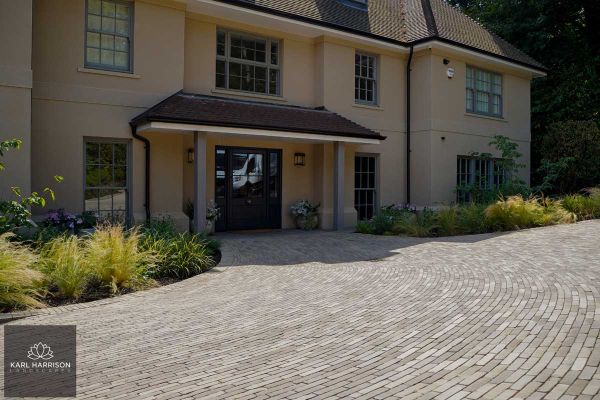
/filters:quality(55)/resources/product-swatches/ECCKGGA.jpg)
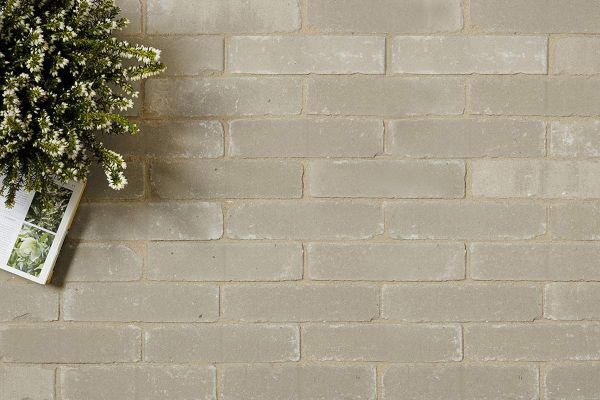
/filters:quality(55)/resources/product-swatches/ECCAACP.jpg)
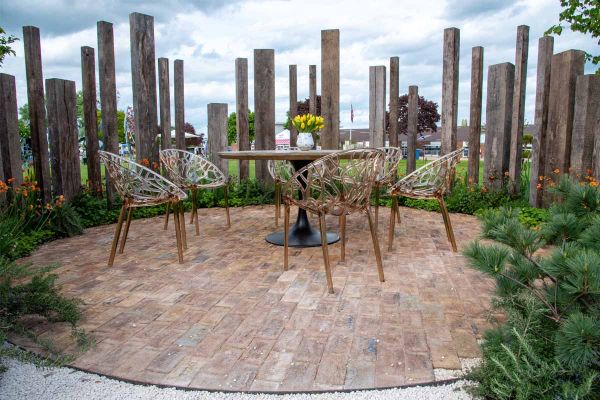
/filters:quality(55)/resources/product-swatches/ECCCGLM.jpg)
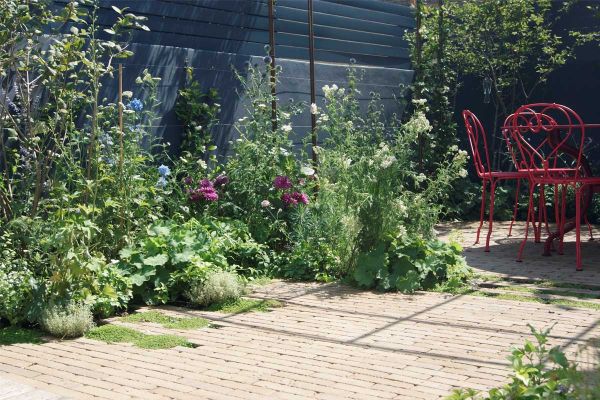
/filters:quality(55)/resources/product-swatches/ECCAWE.jpg)
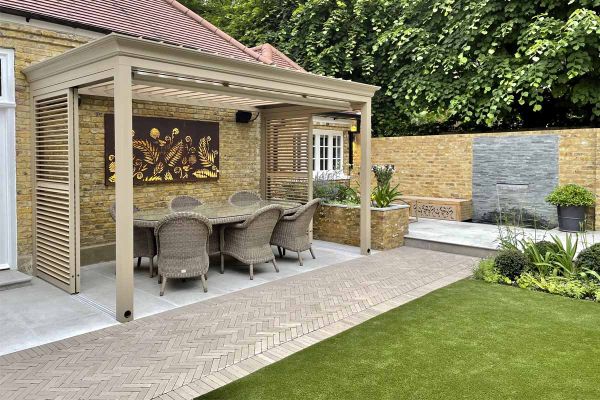
/filters:quality(55)/resources/product-swatches/ECCASGR.jpg)
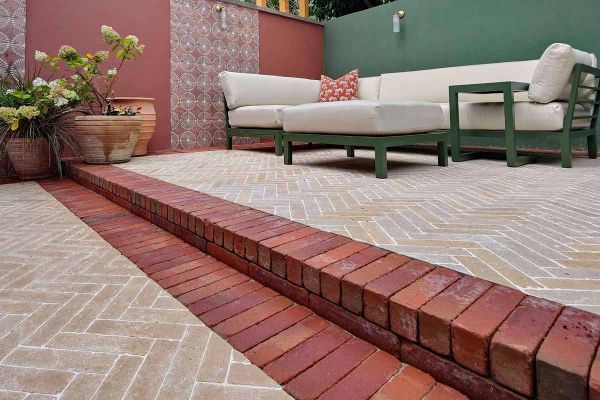
/filters:quality(55)/resources/product-swatches/ECCASE.jpg)
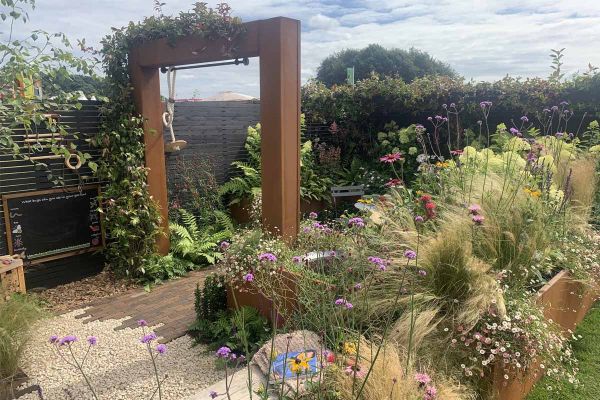
/filters:quality(55)/resources/product-swatches/ECCADE.jpg)
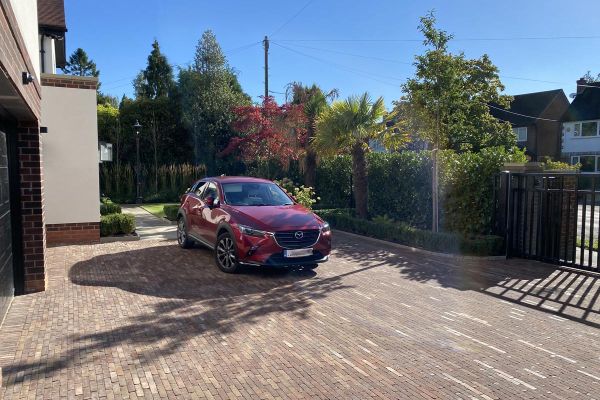
/filters:quality(55)/resources/product-swatches/ECCABE.jpg)
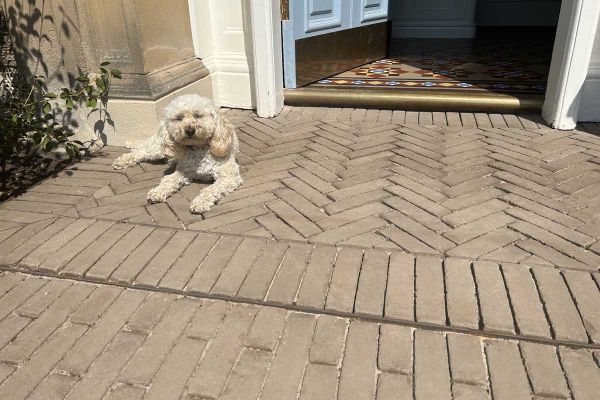
/filters:quality(55)/resources/product-swatches/ECCAAL.jpg)
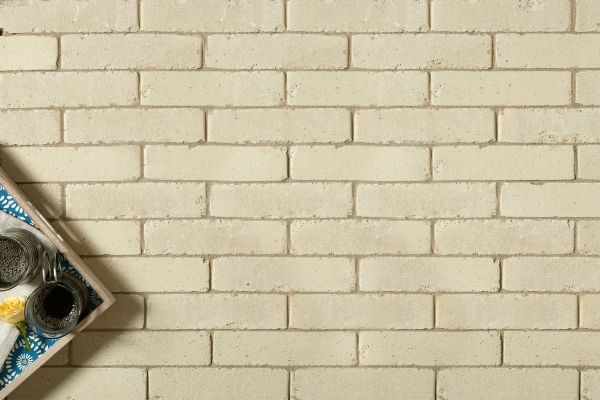
/filters:quality(55)/resources/product-swatches/ECCOCP.jpg)
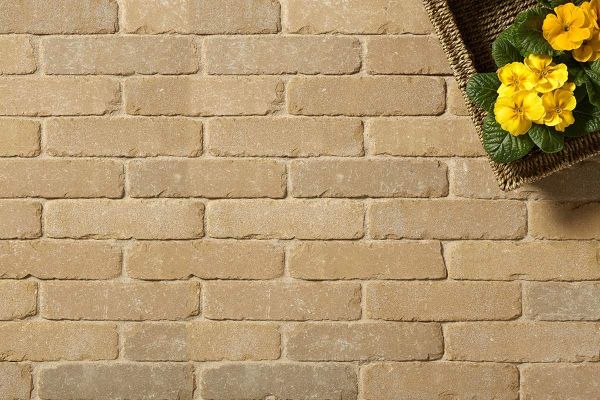
/filters:quality(55)/resources/product-swatches/ECCGBCP.jpg)
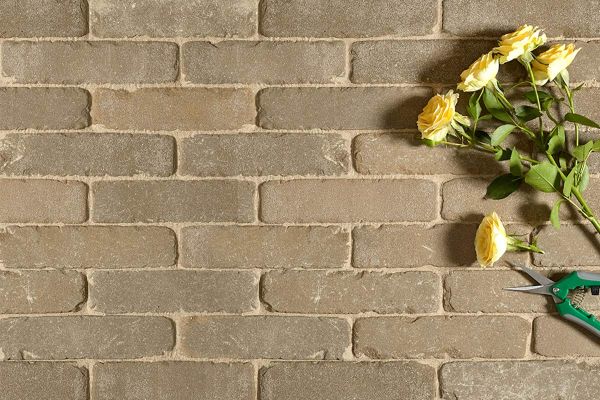
/filters:quality(55)/resources/product-swatches/ECCABCP.jpg)